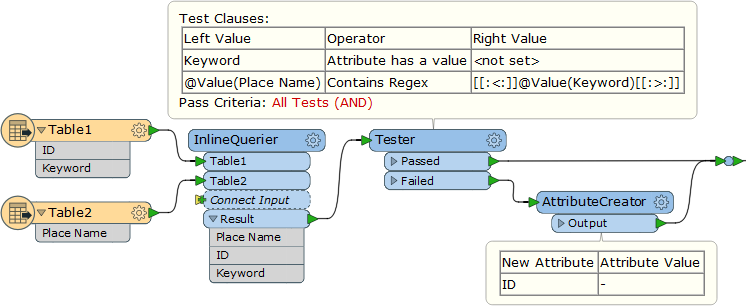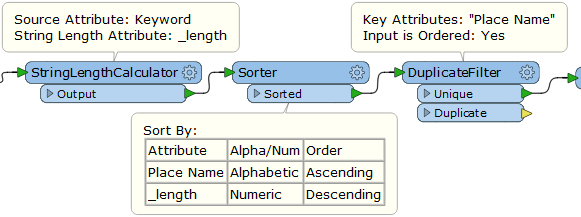Hi all,
I have this SQL query in InlineQuerier that helps me join tables on specific keywords(table_b.id):
SELECT *
FROM table_a
JOIN table_b
ON table_a.id
LIKE '%' || table_b.id || '%'
but I would like to take it to the next level and also add word boundaries to my keywords, otherwise the expression is too greedy.
Can anybody help out with the syntax? (I was trying to add REGEXP and [[:<:]], [[:>:]], but so far I'm only getting syntax errors).
Thanks,
Linda












